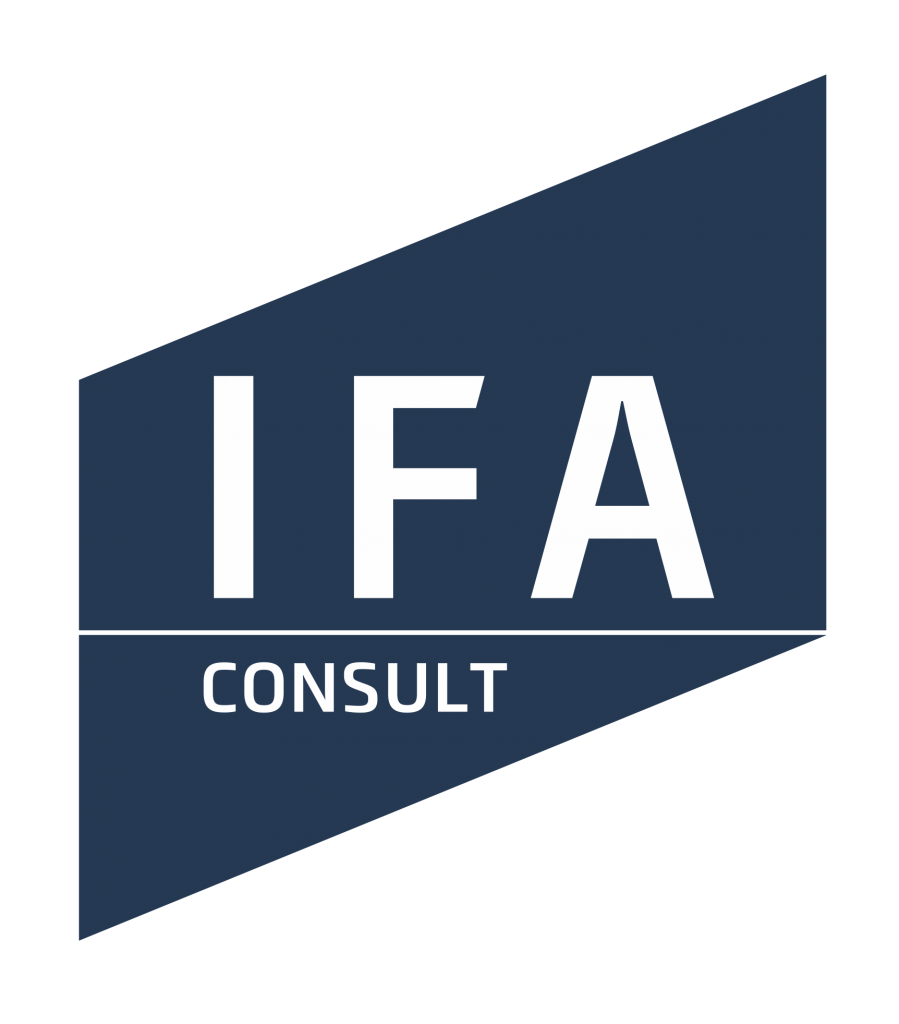General information
The Kingdom of Thailand, one of Southeast Asian countries, its origins comes from 1238. The development of the country significantly influenced Chinese and Indian culture, but it is the only country in the region that was not colonized. Peaceful Revolution took place in 1932 led to- constitutional monarchy and this political system still exist in Thailand.
Thailand is new industrial country- 40% of GDP comes from production and service sectors. An important part of GDP is creating the world’s famous tourist industry. Country convincingly includes in the region’s leading group of countries at exports and foreign trade sectors, despite the relatively low share of GDP per capita over the last three decades the number of people living below the poverty line, fell four times.
The most common business entities
Thai law allows 9 kinds of legal forms. Foreigners can take part in any of them, but the most convenient way is a Public Limited Company (PLC)
Corporate legislation
The Corporate Law regulates civilian corporate law.
Registered capital
The legislation does not specify a minimum of registered capital to PLC-type companies, but it must comply with activities.
The main requirements for the directors and shareholders
Thai companies must have at least one director and three shareholders. Director must be natural person. Information about the directors and shareholders are publicly available.
Disclosure of the company’s beneficial to the government bodies
Information on the beneficiaries is not disclosed.
Taxation
Thailand taxes are divided into two types: direct and indirect. Direct taxes are income tax and profits tax and indirect- VAT, business tax and a variety of fees. The income tax rate varies depending on the company’s profit.
Tax reports can be submitted electronically or in paper form.
Accounting
All foreign investors need to take and maintain accounting records for 5 years; it must be kept by the company’s legal address, as well as submit annual return.
